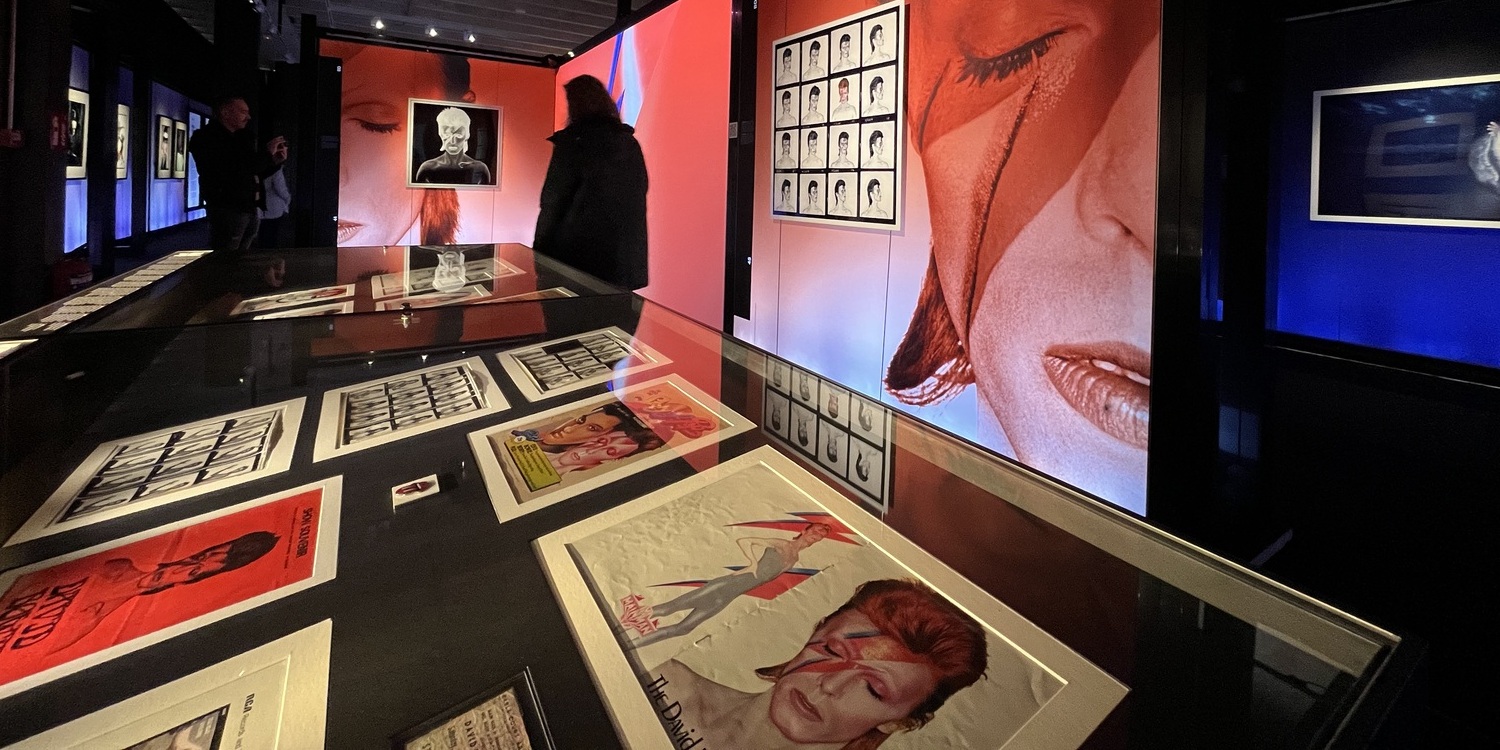As anyone who works with touring exhibitions will tell you, it’s a boom time for the industry. A look at any listings publication highlights the massive growth in not only the amount of product available, but the number of companies entering the market.
In order to analyse and document this dynamic sector of the entertainment industry, this year, the leading live music industry magazine IQ launched the Touring Entertainment Report, the first global overview of touring content in the world.
It’s an invaluable annual resource featuring interviews with some of the most important producers and promoters of touring exhibitions, as well as analysis of the industry and a directory featuring contacts for more than 900 touring productions.
As the editor of the Touring Entertainment Report, I’ve found it fascinating to see the breadth of creativity, and the massive expansion of exhibitions worldwide, as audiences flock to learn more about artists, their favourite comic book characters, the natural world, historical figures and more.
There is very clear evidence of substantial growth over the past decade or two.
But quite how big a market we are talking about is a moot point. At this year’s International Live Music Conference (ILMC), a whole strand was dedicated to touring entertainment, highlighting how many music promoters are turning their expertise to exhibitions and more. During the conference, there was blue-sky talk of a market with $25bn potential, akin to the concert market. But realistically, there is no consolidated data in the exhibitions market and, therefore, no way to judge how close we might be.
Anecdotally, however, there is very clear evidence of substantial growth over the past decade or two. One of Germany’s top promoters, Semmel Concerts, launched a division dedicated to touring exhibitions in 2008. Director Christoph Scholz told ILMC this year that exhibition revenues have grown from 2% to 10% of the company total.
“That’s within one of the world’s leading entertainment houses, and that shows significant growth,” Scholz told the panel. “I would say the market is very, very healthy; if you are a promoter/producer, and if you have the right venue and the right approach, just do it. As with anything – any film, any theatre play, any opera – it’s a business, you can win, and you can lose.”
“Touring exhibitions and the like [have] become way more professionalised,” Scholz told me later. “Perhaps the same progress the concert industry underwent in the past 40, 50 years or so. Think of where we were some 15 years ago, since my first King Tut exhibitions; so much has changed, and so much has remained the same. We still strive to tell stories in new and immersive ways; technology has changed and become more accessible, the venues have changed, and the audience is aware of our niche in the broader entertainment landscape. Major brands are doing more pop-ups, there is an emphasis on engagement, there are new players emerging every day with new ideas and new ways of storytelling that were not always as ‘mainstream.’”
While museums and other cultural and educational centres were once the most natural destination for many exhibitions, these days lines are blurring and taking on new commercial shapes.
While museums and other cultural and educational centres were once the most natural destination for many exhibitions, these days lines are blurring and taking on new commercial shapes.
Nomad Exhibitions, for example, recently launched an exhibition of photographs of David Bowie by British photographer Duffy, which debuted in Madrid at COAM (Colegio Oficial de Arquitectos de Madrid).
“Most of our exhibitions have been about ancient cultures, archaeology, and ancient history,” says CEO Tim Pethick. “But we have definitely been interested in taking on more contemporary culture and themes, so when the Duffy archive contacted us in 2019, we were quite excited.”
In this instance, the promoter is the Madrid-based Sold Out, whose calendar this year is virtually a blow-by-blow guide to the touring exhibitions of modern days, including Semmel Exhibitions’ Tutankhamun, Warner Bros/Imagine’s Harry PotterTM: The Exhibition, and crowd-pullers such as Banksy and Stanley Kubrick.
“Increasingly, parts of market are moving into the private sector,” says Pethick. “Our Bowie exhibition is a good example: it’s not being rented by a museum or gallery; it’s being leased by a producer in Spain. That’s a first for us.”
Other developments have also lowered the barriers to entry in such markets, Pethick adds. “Producers are bringing in design expertise and AV producers, leasing non-traditional venues, investing lots of money in them and having a lot of success. Most people buy tickets online now, which makes it easier for exhibitions to run in non-traditional spaces – I suppose that’s another pandemic-related change.”
Scholz says he wants to see more data reporting in the sector. “We all feel the market has grown, but there’s no data. So we need to be careful with claims about the amount of growth we’re seeing. I urge the exhibition industry to stand up and to share data on things such as ticket sales and ticket prices, because it will benefit us all.”
In the concert industry, many promoters share their ticket sales data with organisations such as Pollstar and Billboard; the cinema industry reports ticket sales figures; book sales are collated; music sales, whether streams, of physical product are counted by a variety of organisations around the world.
So isn’t it time to share ticket sales data for exhibitions for the benefit of the industry?
On March 1 next year, the ILMC dedicates a whole day to touring entertainment. Find out more and sign up at ilmc.com.



